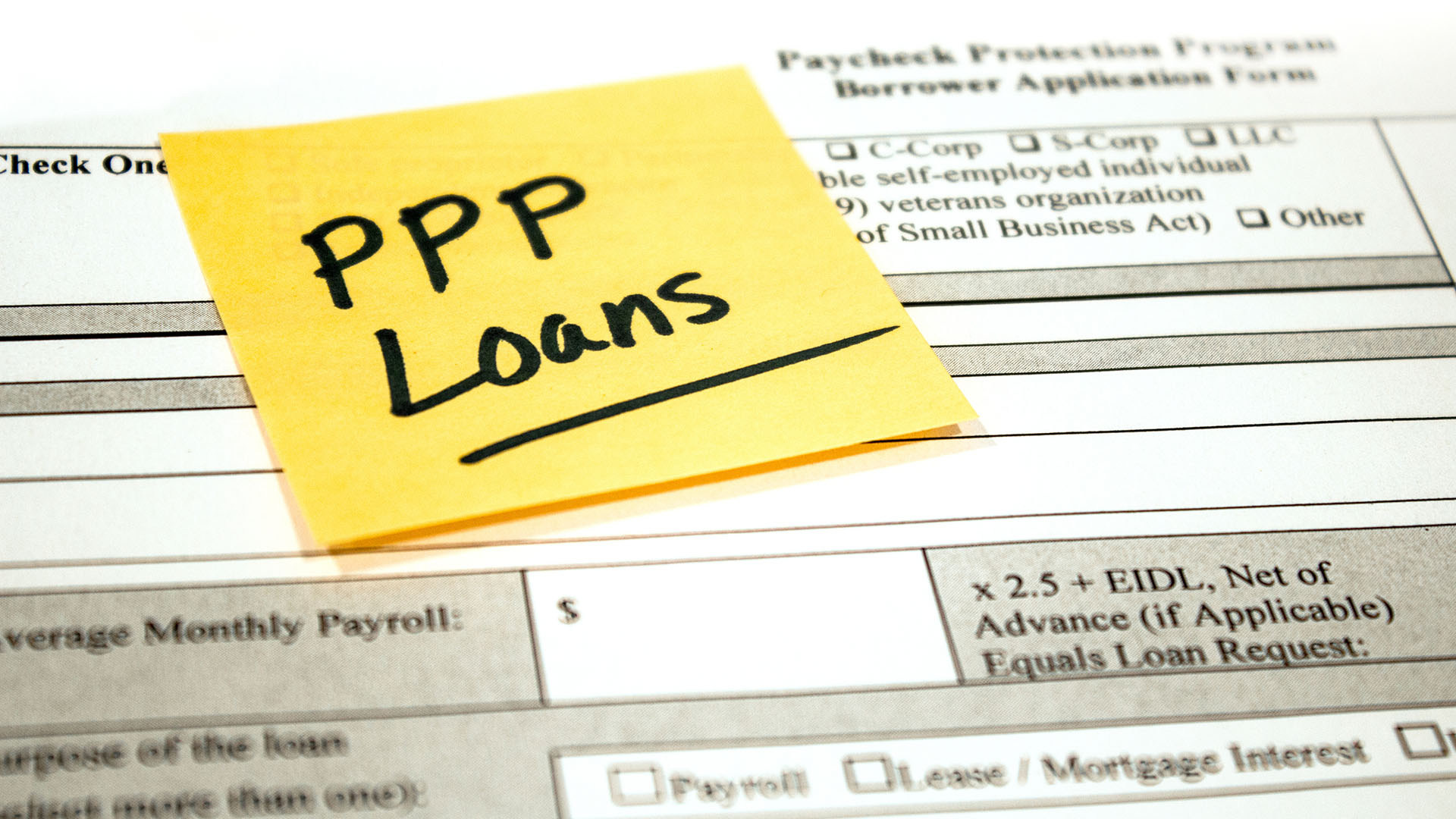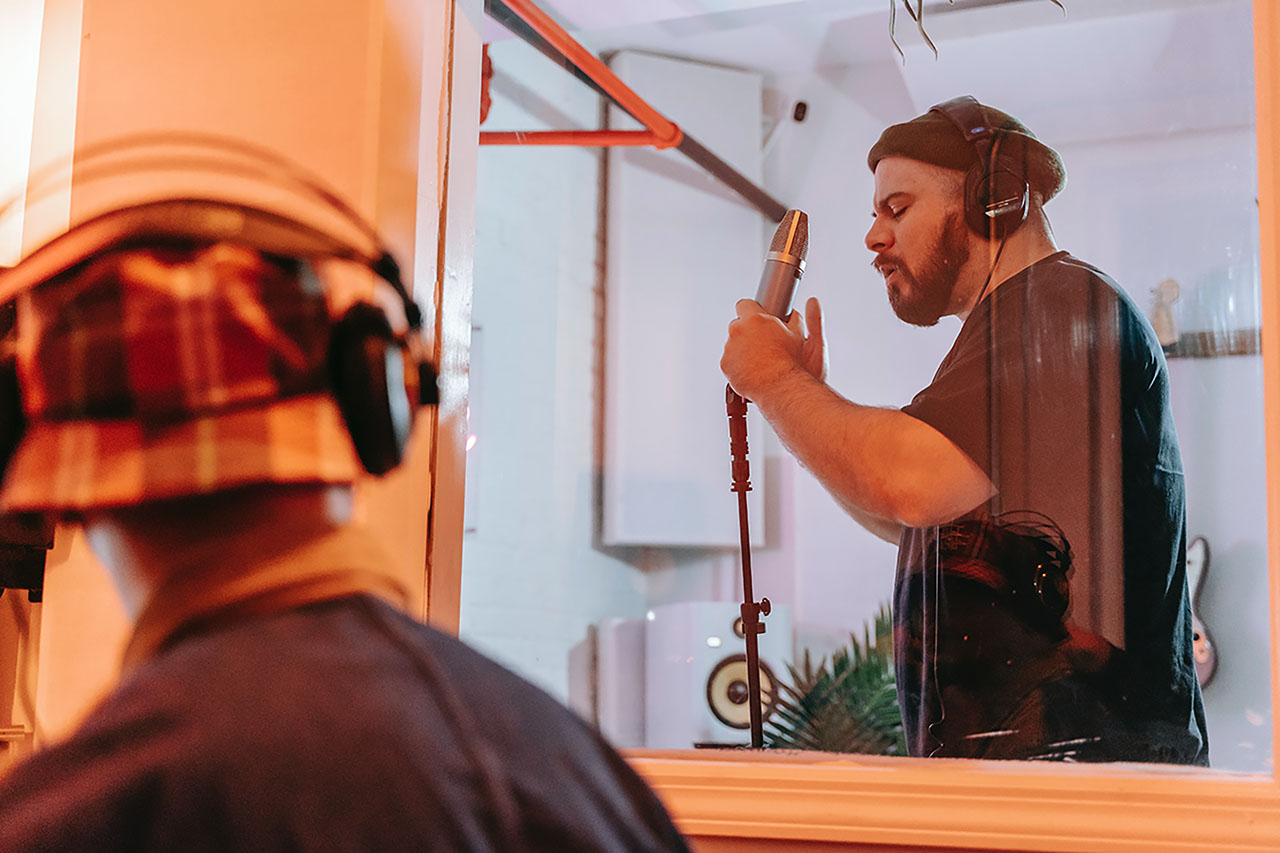
The USPTO AIA Trial Statistics underscore decline in post grant trial proceedings following the rule change on claim construction.
In November 2018 the Patent Trial and Appeal Board’s (“PTAB”) adopted a different claim construction standard, moving from the broadest reasonable interpretation (“BRI”) to the standard followed by the Federal Courts, the so-called “Phillips” standard.
The BRI construes claims broadly to determine whether to award a patent in light of the prior existing technology.
In contrast, the Phillips standard seeks to construe the claims as the inventor actually intended, result in a claim that is more narrowly interpreted.
Prior to the change, petitioners seeking to invalidate patents for obviousness before PTAB benefitted from the tribunal’s use of the BRI claim construction because this takes into account a much wider scope of prior art than is the case under the narrower Phillips standard. The difference in approach meant that it was often easier and less expensive to invalidate a patent before the PTAB than it was in court. In consequence, the first order of defendants in a patent infringement claim was to file for a post grant proceeding before the PTAB seeking to invalidate the patent. Busy District Court judges would often suspend the infringement case pending the PTAB’s ruling. And during this gap period, many cases would settle.
Following the rule change, US Patent Office trial statistics for fiscal year 2019 reveal that the number of IPR petitions is down by nearly 10% from 2018. The new interpretation, and the effectively higher standard for obviousness, has stripped defendants of the leverage that they previously benefitted from in PTAB proceedings. It remains to be seen whether this results in a proportionately higher number of court judgements upholding infringement.
IpHorgan
At IpHorgan, we offer you insight that can only be acquired and meticulously developed during our 15 year history as a team with over 200 years cumulative professional experience working on intellectual property transactions with businesses in nearly every sector of the U.S. and global economy.



